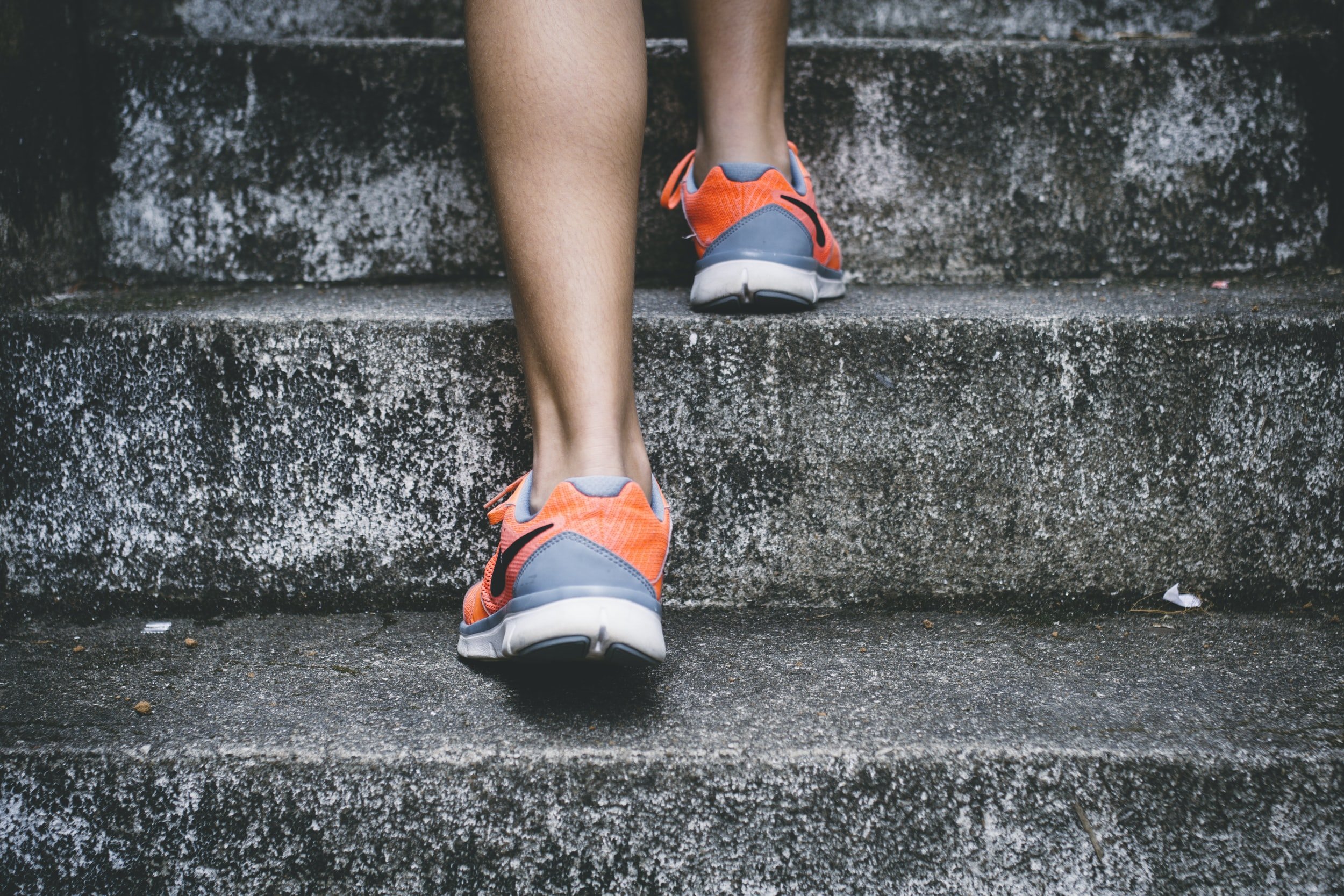
How to Stay Healthy, Part 1: REST
When we get sick our body sends signals that it is time to rest. We don’t have much energy, we can’t do our usual activities, we need to sleep more. If we look at it from the outside—say if you were looking at another person who is “resting”—we might conclude that resting consists of not doing anything. This goes along with the saying “Rest is rust.” That outside view can make us think that stopping activity is bad, a loss or a waste, even make us feel guilty for slowing down.
But what about from the inside? Is resting just about being lazy? No. Consider sleep. Sleep provides the primary time for repair and recovery. Instead of our energy being directed to outside activity and outside impressions, during sleep (and intentional rest), our forces are redirected inward. If we don’t get sufficient rest then we may lose track of how we are doing inside.

The Therapeutic Value of “Maintenance” as a Life Process
We all need to devote energy to “maintenance.” No, this does not refer to some kind of human 30,000-mile check, like what you might do for your car (although healthcare would be much simpler if it only required a new water pump or brake pads at certain intervals). No, we are referring to a different kind of maintenance. What is being recommended is more along the lines of taking the time to really work through what has been taken in, so that it can fully become one’s own.